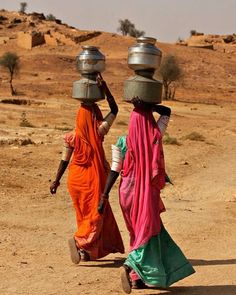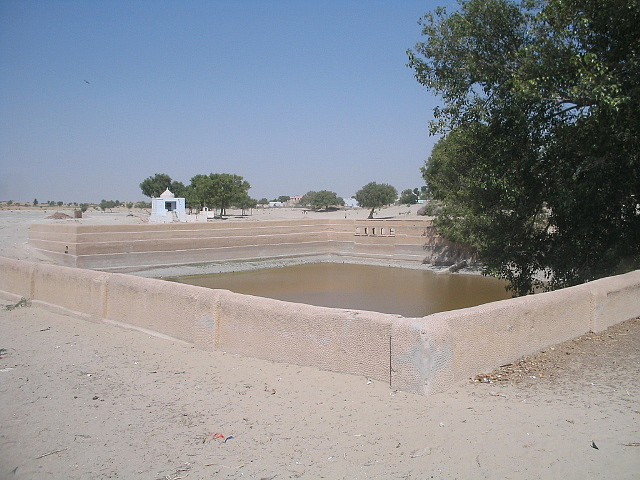And the establishment of India’s first River Parliament

In its July 2019 issue, a Down To Earth magazine article mentioned, “According to the Composite Water Management Index (CWMI) report released by the Niti Aayog in 2018, 21 major cities (Delhi, Bengaluru, Chennai, Hyderabad and others) are racing to reach zero groundwater levels by 2020, affecting access for 100 million people.” In a time where the global water crisis is at its high point and further unplanned technological and economic development is only aggravating the state of its affairs, it’s time we turn to the past and learn what we can, while it’s not too late.
We need not look far and wide to search for an exemplary incident which could help cultivate motivation and vigor in the masses to act towards preventing water waste in our country. Dr. Rajendra Singh, also known as the Jal Purush or Water Man of India is a water conservationist from Rajasthan whose determination to revive the Arvari river set in motion an entire movement for river rejuvination and also led to the establishment of Tarun Bharat Sangh (TBS), an NGO that strives to help local villagers resolve the problem of water scarcity.

Arvari is a forty-five kilometer long river that flows through the Alwar district of Rajasthan. Excessive mining activities, deforestation, non-maintenance of the river and introduction of the tube-wells in Alwar led to the eventual drying up of Arvari. At the young age of twenty, Rajendra Singh set out to lead the group of men who were already fired up to solve this water crisis in the district. It was surely not easy to convince people of his true motives. He was often viewed with suspicion and considered to be a child lifter when he had just begun raising awareness about the issue. However, unbothered by these initial hurdles, he went on to commence the process of reviving this dead river.
A ‘johad’ is a conventional method of water conservation in which traditional harvested rainwater storage wetlands are used for harnessing water resources. Thus, beginning with the construction of a johad in Gopalpura village in 1985, Tarun Bharat Sangh has been successful in reviving a total of fourteen rivers in Rajasthan and the setting up of 11,800 johands as of August, 2019. The determined efforts of one man eventually led to Tarun Bharat Sangh winning national and international awards like the Ramon Magsaysay Award, the International Ahimsa Award, the Stockholm Water Prize, also known as “the Nobel Prize for Water” and many others.

The revival of Arvari just did not bring back water to a village in crisis but it also gave men livelihood and spared women the long walk to fetch water miles away. Inter alia, it brought into light the desperate need for a social and environmental cost-benefit analysis of all developmental projects that are sanctioned and the significance of resorting to traditional means of resource conservation when deemed necessary.
The creation of India’s first river parliament was more of an outcome of an obstacle that the residents of the Alwar district confronted. As the Arvari river rejuvenated and became perennial, there was natural growth of fish. To capitalize on the opportunity that had presented itself, the state government brought in a contractor to hand over the fishing rights to a private entity. The villagers were gravely displeased by this act of the government that failed to recognize the people’s contribution in making fishing in Arvari a possibility. Thus, the representatives from all seventy-two villages in the Alwar district came together to form the Arvari Paani Sansad or Arvari River Parliament in the year 1999 and formed the rules of engaging with this common resource. In following the “Gandhian ethos of participatory, equitable and decentralized paradigm for water management”, Arvari River Parliament epitomizes the strength that lies in taking initiative at the grassroots level and demonstrates community leadership in action to protect an important resource. Though the parliament has no legal standing per se, it binds people together on moral grounds and perpetuates a sense of ethical obligation towards the environment in its members.
In an interview, Dr. Rajendra Singh talked about an upcoming World Water War, to prevent which all governments and global citizens would have to come together in an effort to conserve this precious resource. When people as young as Greta Thunberg and as old as Rajendra Singh understand the gravity of this water crisis well enough to pour their heart and soul into saving our planet, what are we waiting for?
Author: Shriya Tandon

